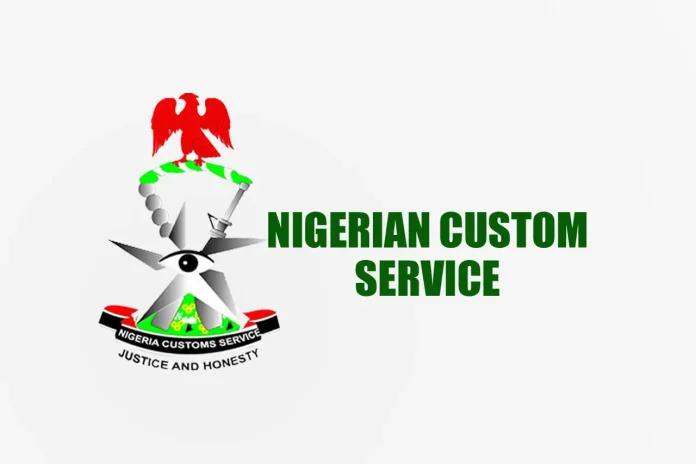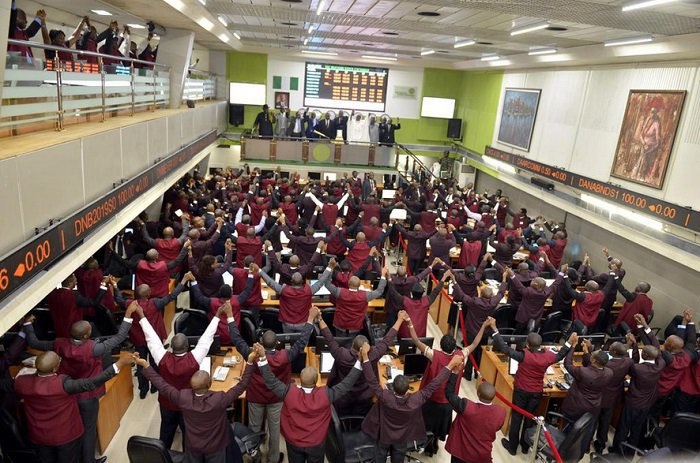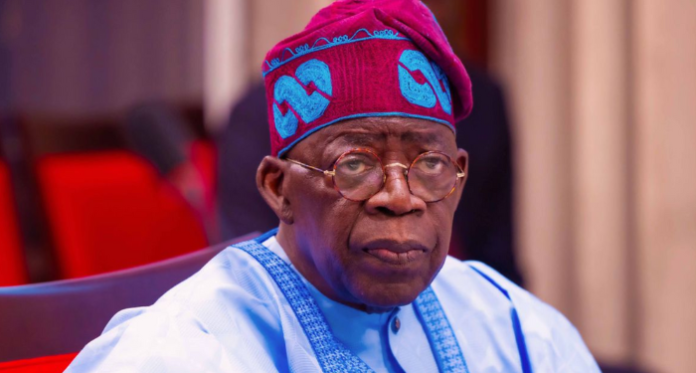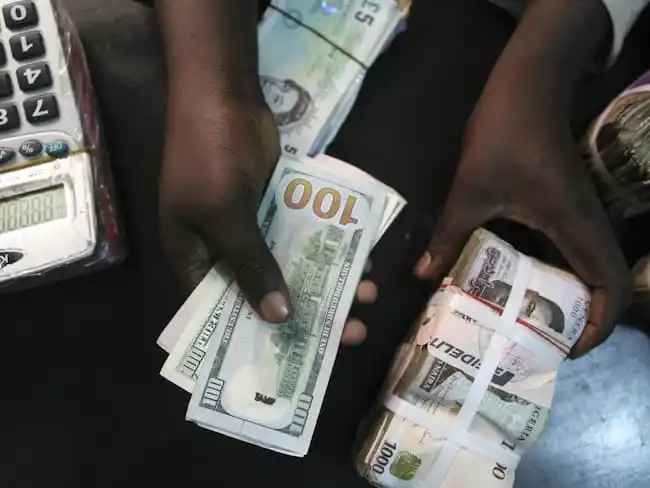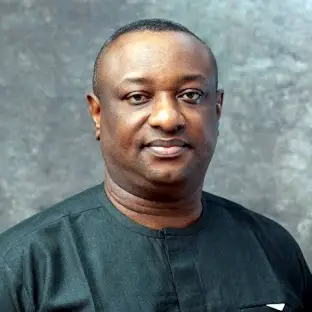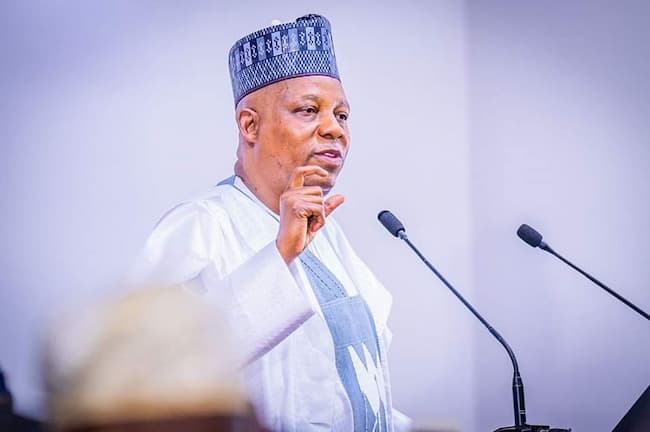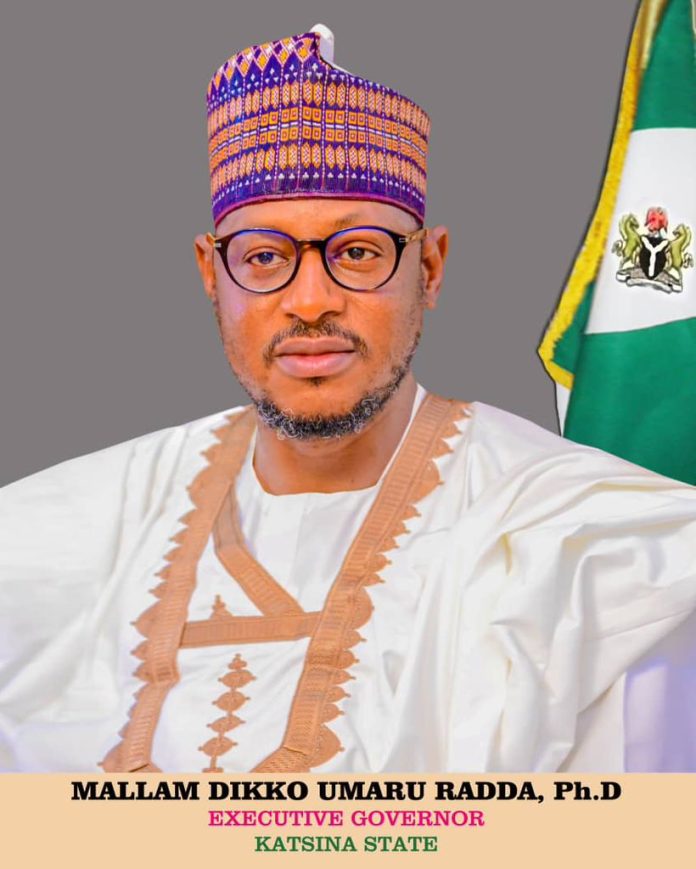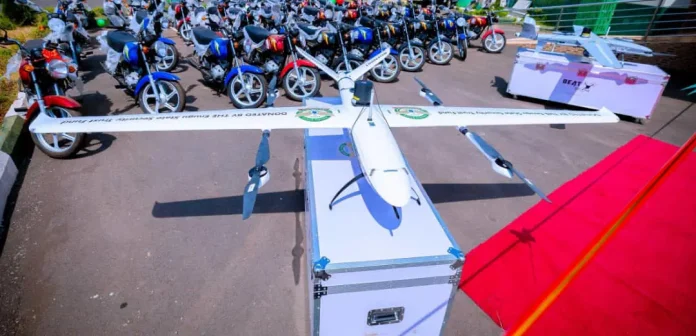The Debt Management Office (DMO) has formally commenced the subscription period for the December 2025 issuance of the Federal Government of Nigeria Savings Bond (FGNSB), featuring two-year and three-year maturity options.
According to details contained in a circular released on Monday, the two-year instrument—scheduled to mature on December 10, 2027—comes with an annual coupon rate of 12.838%, while the three-year bond that matures on December 10, 2028, is being floated at 13.838% per annum.
The subscription window opened on December 1, 2025, and will close on December 5, 2025. The settlement date remains December 10, 2025, with interest payments scheduled to be remitted quarterly on March 10, June 10, September 10, and December 10 throughout the lifespan of the bonds.
Rates Decline Slightly Compared to November Offer
The December coupon rates mark a mild drop from the November offer, where the two-year bond cleared at 13.565%, while the three-year version maturing on November 12, 2028, attracted 14.565%.
At its 303rd Monetary Policy Committee (MPC) meeting in November, the Central Bank of Nigeria (CBN) opted to retain all policy parameters, reaffirming its stance on stabilising prices and sustaining improvements in the foreign exchange market. The Monetary Policy Rate (MPR) was maintained at 27%.
Key Investment Features
The FGN Savings Bond continues to target retail investors, with a minimum entry subscription of ₦5,000 and incremental purchases in units of ₦1,000. The maximum subscription allowed per individual investor is ₦50 million.
Backed by the full faith and credit of the Federal Government, the FGNSB remains one of the safest fixed-income opportunities for small investors seeking predictable returns and principal protection. The instruments offer quarterly coupon payments and full redemption at maturity, shielding retail investors from market volatility common in equities and corporate bonds.
The bonds remain attractive due to their additional benefits, which include:
- Recognition as trustee investment instruments under the Trustee Investment Act.
- Tax exemptions for eligible participants under PITA and CITA frameworks, including Pension Funds.
- Listing on the Nigerian Exchange Limited to enable tradability and enhance liquidity.
- Qualification as liquid assets for banks in computing liquidity ratios.
Context Behind the Programme
Introduced in 2017, the FGN Savings Bond initiative was designed to broaden financial inclusion, deepen the domestic debt market, and open access to government securities for low-income and first-time investors.
The bond’s comparatively high coupon rates reflect current inflationary conditions and the government’s aim to encourage increased participation from the retail segment.
The DMO’s consistent rollout of the savings bond also signals the Federal Government’s continuing reliance on domestic borrowing channels to fund budgetary requirements while moderating exposure to external debt risks.











